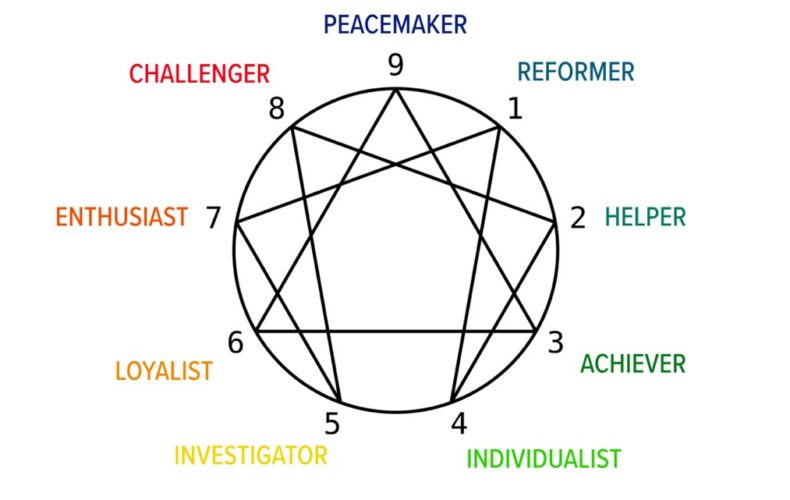When we think of intelligence, we tend to focus on concepts such as logic, reasoning, problem solving, and math/verbal/spatial skills. They are all important measures of human intelligence, but don’t tell the full story. Emotional intelligence is equally critical, especially when it comes to personal and professional success.
Emotional intelligence is defined as the ability to identify and manage emotions—not only yours, but those of others. The ability to read other people’s signals and react appropriately will allow you to better understand, empathize, and negotiate with others—skills that are crucial for success, especially in a global economy. The Harvard Business Review describes emotional intelligence as a key leadership skill, one that an effective leader must master.
Emotional intelligence (sometimes referred to as emotional quotient or EQ) is a concept that has gained traction in recent years. The age-old standard of measuring intelligence—the intelligence quotient (IQ) test—is viewed as an important tool in predicting academic success, but is less effective at determining overall success in life…which helps explain why some people with high IQs still struggle. EQ tests are viewed as being more accurate predictors of workplace success, leading many employers to begin implementing them to prospective job candidates in order to measure an individual’s potential as a leader or coworker.
One of the most popular emotional intelligence tests is the Enneagram of Personality, or Enneagram for short. Derived from the Greek words for “nine” and “written symbol,” the Enneagram describes nine distinct personality types based on different ways of relating to the self, others, and world. These are plotted on a nine-pointed geometric polygon called an enneagram that shows the connections between each type. The Enneagram posits that every personality has a unique worldview—a distinct way of looking at the world through your own lens or filter. This is crucial in understanding peoples’ motivations and behavior. By describing how the basic personality adapts and responds to both stressful and supportive situations, the Enneagram illustrates opportunities for personal development and provides a foundation for understanding and emphathizing with others.
Its origins may date back as early as the 4th century, when a Christian mystic in Alexandria discussed similar ideas. The term “Enneagram of Personality” was coined by Oscar Ichazo, founder of the Arica Institute—a human potential movement group founded in Chile in 1968. Ichazo moved the school to the U.S. in 1971 and began teaching philosophies centering on emotional intelligence. The nine personality types are defined by the following:
- Enneagram Type 1: The Reformer
- Enneagram Type 2: The Helper
- Enneagram Type 3: The Achiever
- Enneagram Type 4: The Individualist
- Enneagram Type 5: The Investigator
- Enneagram Type 6: The Loyalist
- Enneagram Type 7: The Enthusiast
- Enneagram Type 8: The Challenger
- Enneagram Type 9: The Peacemaker
Today, the Enneagram is used by businesses throughout the world as a platform for creating individual programs for staff members based upon their unique strengths and challenges. The Enneagram is viewed as a way to promote flexibility and creativity rather than settling for a one-size-fits-all approach.
Click here for more information on how the Enneagram plays a role in the workplace.




